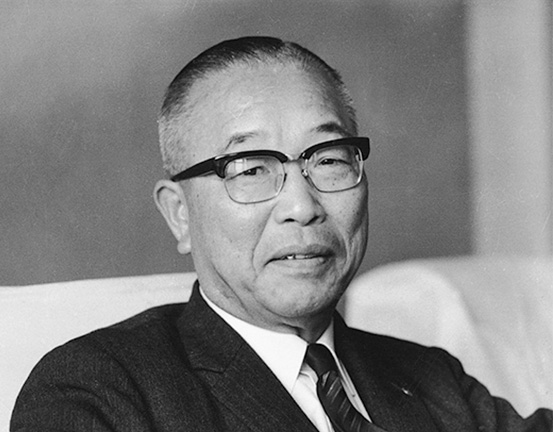
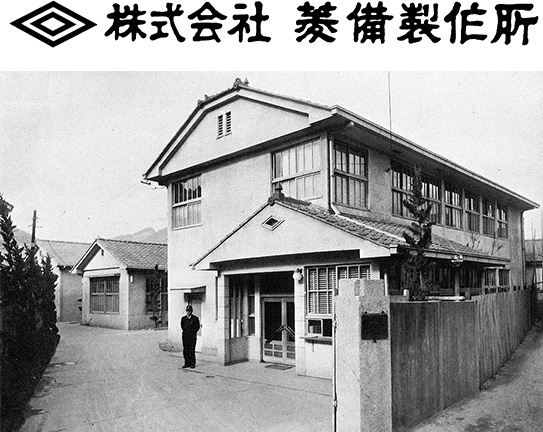
1."What’s Die Casting?”
“What do you think about going into die casting?”
It was September 1943 when this proposition was brought to Ryobi founder Yutaka Urakami.
The proposal came from the manager of Mitsubishi Electric’s Fukuyama Works in Hiroshima . Yutaka, then operating a small trading company, was no technician and, with no knowledge of die casting, had to ask “What’s die casting?” The manager explained and Yutaka immediately set to work reading about the process, learning about it from scratch.
After this momentous conversation and careful consideration, his reply to the manager was decisive: “I’ll do it.”
This decision came just one week after Yutaka heard the term “die casting” for the very first time.
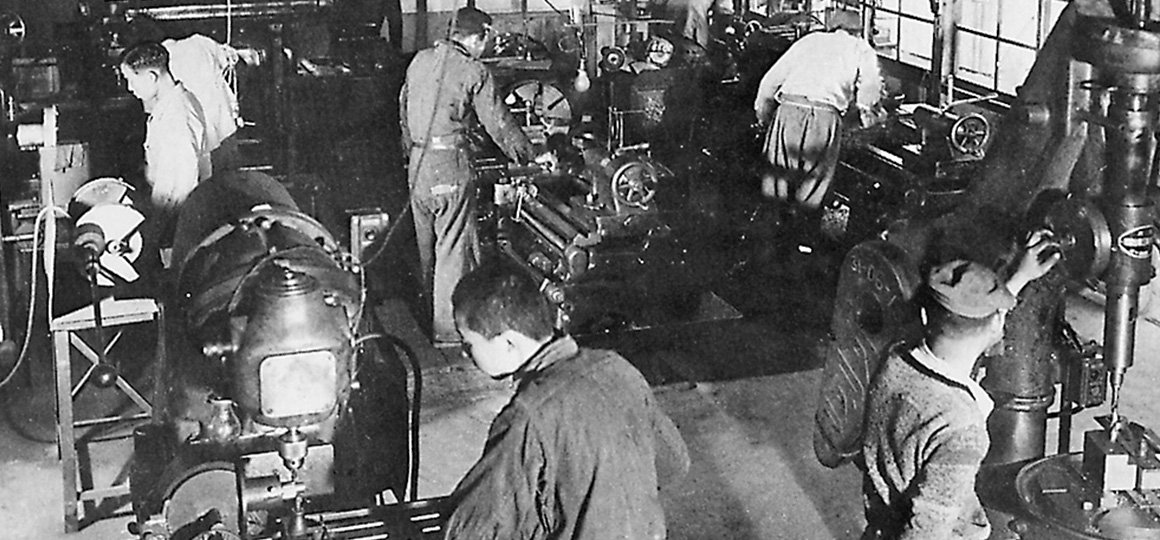
2. From Military to Civilian Products—Taking on the Needs of the Day
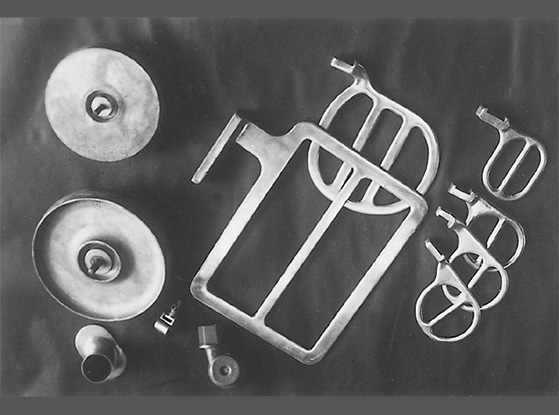
In December 1943, Yutaka Urakami established Ryobi Seisakusho Co., Ltd. in his hometown of Fuchu, Hiroshima. In February of the following year, they held the opening ceremony for the company and commenced production of die cast products at a factory set up in an adapted soy sauce warehouse. The company’s early products are said to have been parts for air armaments.
Shortly after the company’s founding, it expanded from die fabrication to bring post-processing in-house, establishing a vertically integrated system. This remains a strength of Ryobi today.
After the war ended in 1945, production shifted from products for the military to those manufactured to meet civilian demand. Ryobi Seisakusho began supplying automobile manufacturers in 1947. Adapting to the changing times, the company was growing.
In 1960, the company was listed on the Hiroshima Stock Exchange. Yutaka sought to grow the company from a privately managed enterprise to something bigger that would last into the future.
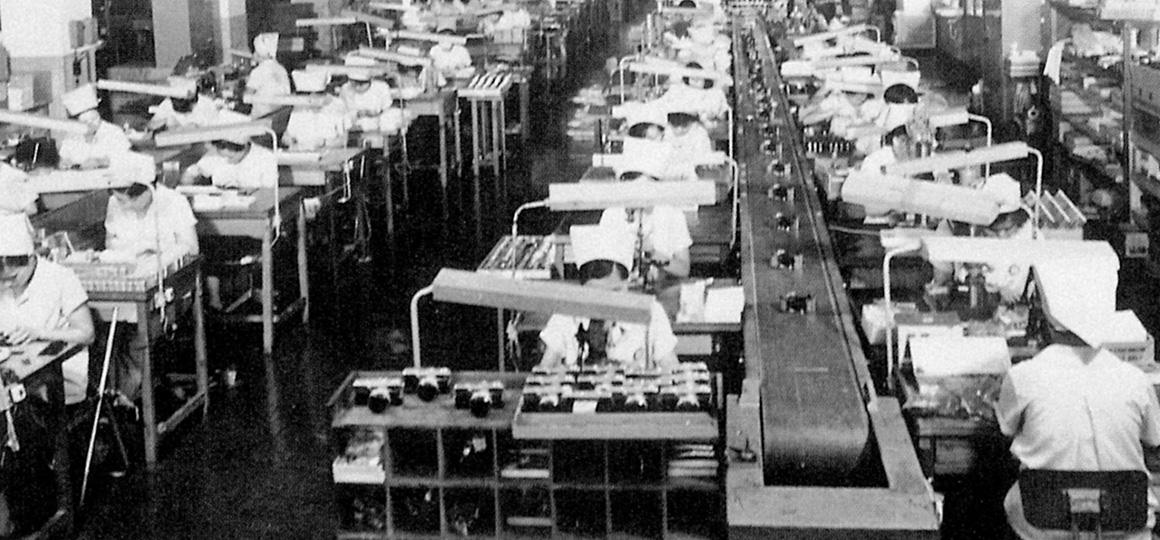
3. Taking on the Finished Products Market
From its founding, Ryobi Seisakusho has embraced an approach of risk dispersion it calls balanced corporate management and, accordingly, has engaged in a variety of businesses and transactions. Based on this approach, the company began assembly of Minolta brand cameras and copy machines. This led to Ryobi’s finished product businesses today.
Having developed expertise in the production of assembled products, the company utilized the wealth of technologies and experience it had developed in die casting to begin production and sales of offset printing presses, door closers, fishing tackle, and power tools in the 1960s. This marked a major step forward for it as a company with businesses in both die casting and finished products.
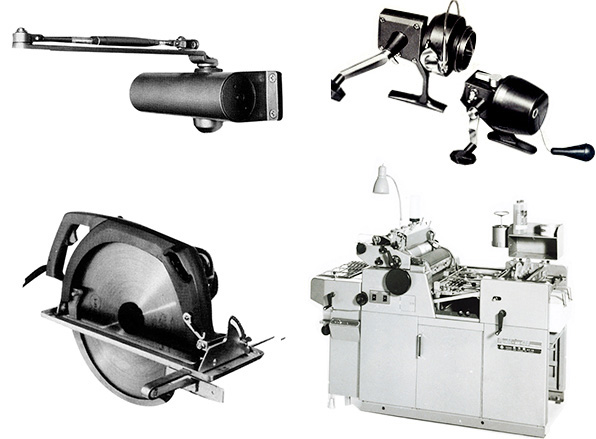
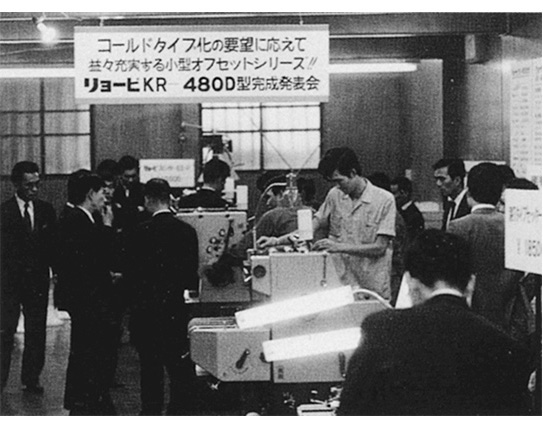
1973 Company name changed to Ryobi Limited
1975 Introduced a corporate identity system (CIS)


4. Becoming More Than a Well—Respected, Little Known Company
A company and its employees share a deep connection, so it is vital to all to ensure that the company does not fail. To that end, making more people aware of the company and increasing its corporate value are essential.
In the 1970s, Ryobi Seisakusho sought to discard its status as a well respected but relatively little known company.
First, the company name was changed to its current form, Ryobi Limited. This name was simpler and easier to remember.
In 1975, the company introduced a corporate identity system (CIS) and began to focus more on advertising. Ryobi brand finished products—especially such products as fishing tackle and golfing goods—helped increase name recognition immensely.
This level of name recognition may have been difficult to achieve had it remained simply a die casting company.

1985 Founded a production base in the United States, the first Japanese die casting manufacturer to do so
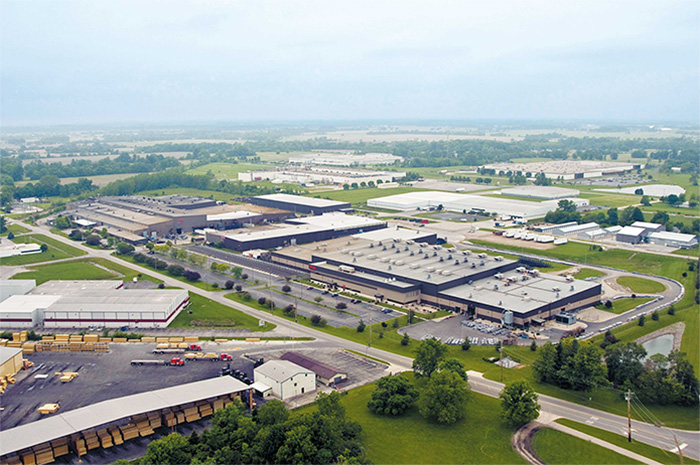
1994 Adopted the current logo and corporate color

5. Rebuilding Our Businesses—The Completion of the Sound Management Plan
Ryobi was not left unscathed by the bursting of Japan’s economic bubble and ensuing economic deceleration in the 1990s.
The path of expansion Ryobi had been pushing forward failed to produce the expected results, dealing the company a heavy blow.
In 2000, Ryobi announced the Sound Management Plan, laying out a policy of decisively reforming unprofitable businesses and concentrating resources on areas of strength as much as possible. The company sold most of its overseas power tools businesses and withdrew from the fishing tackle and golfing goods businesses.
The most difficult decision of all was to cut the ranks of its employees.
However, Ryobi was able to carry the plan through by its own strength, without outside assistance. This proved a valuable experience, and a source of confidence thereafter.
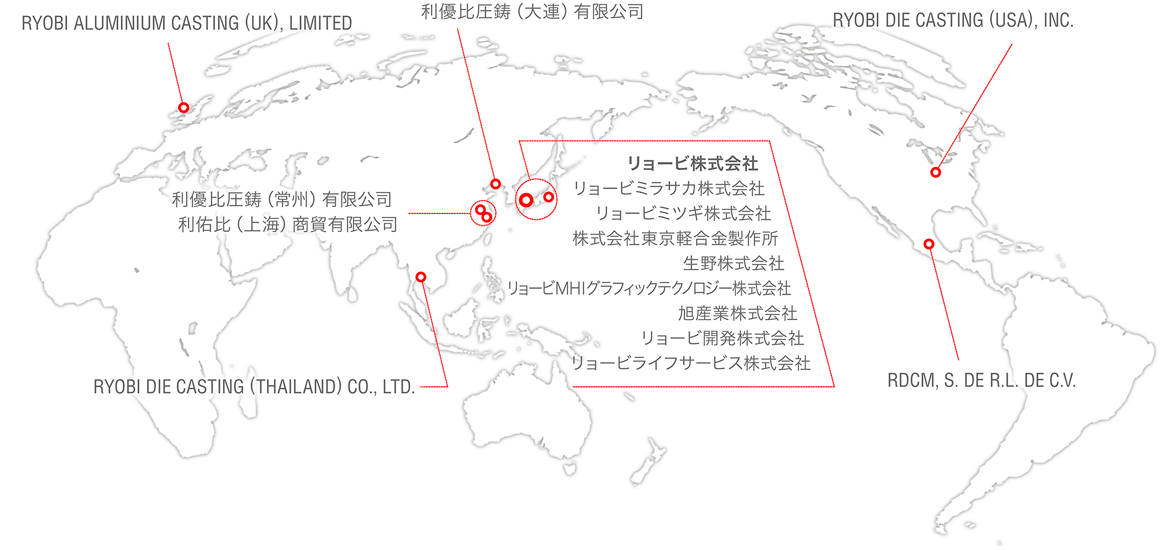
6. Continuing to Push Forward
With the conclusion of the Sound Management Plan, Ryobi steered its efforts toward the further development of its mainstay Die Castings Business.
Customers were looking for a global system that could provide high-quality die cast products anywhere they were needed in the world. In addition to its existing production bases in the United States and Europe, beginning in 2005, Ryobi established production locations in China, Mexico and Thailand, reinforcing its vertically integrated system to be more global.
In the Builders’ Hardware Business, Ryobi has worked to increase productivity and profitability. In the Printing Equipment Business, a joint venture that commenced operations in 2014 is offering a new brand, RMGT.
In addition, after carefully considering how to best use its strengths and management resources going forward, Ryobi decided to sell its power tools business. From 2018, this business has been operated by a separate, newly founded company.
We will continue to adapt and grow.
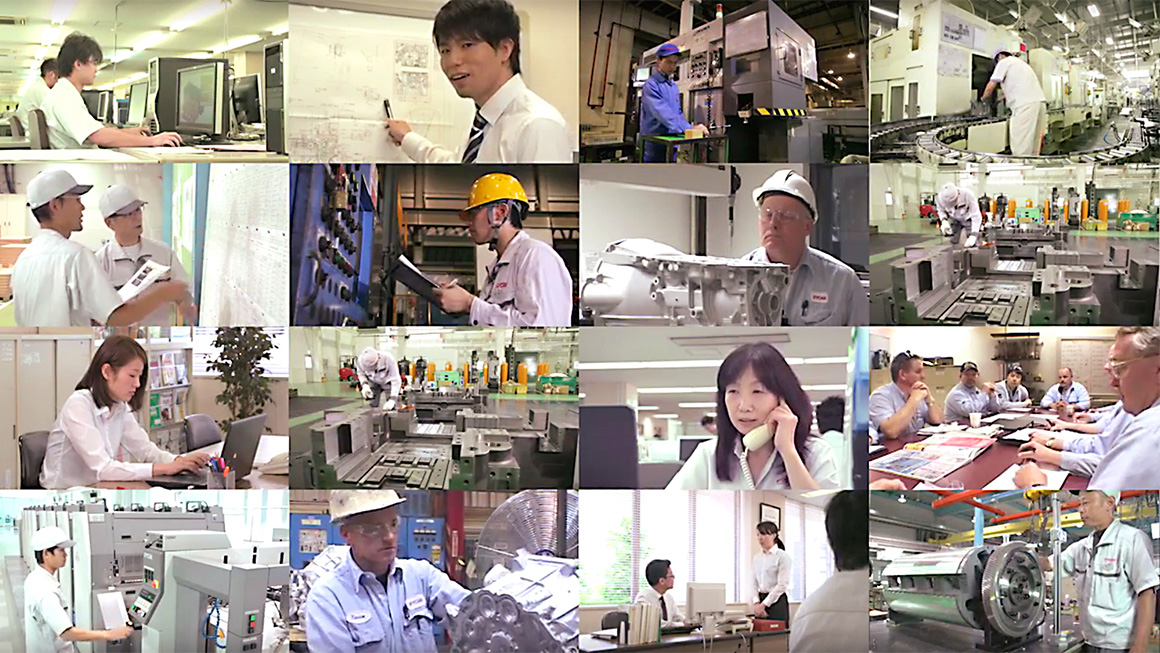
7. There Is Always More to Do—Aiming for the Future
“What’s die casting?” Ryobi began from this question.
Today, the Die Castings Business is the main pillar of Ryobi's business, accounting for 80% of consolidated net sales. Based on the idea of balanced corporate management, an essential part of Ryobi from the beginning, we do business with automobile manufacturers around the world, avoiding overdependence on any one company. Meanwhile, in finished products fields, we endeavor to provide products and services that exceed customer expectations.
The history of Ryobi is one of constant innovation.
The business environment surrounding Ryobi will surely continue to see tremendous change. There is always more to do to carry out the vision of Ryobi’s founder, Yutaka Urakami, who sought to ensure that the company persist into the future and serve all its stakeholders.
Our efforts to create a sound and dynamic corporation know no end.